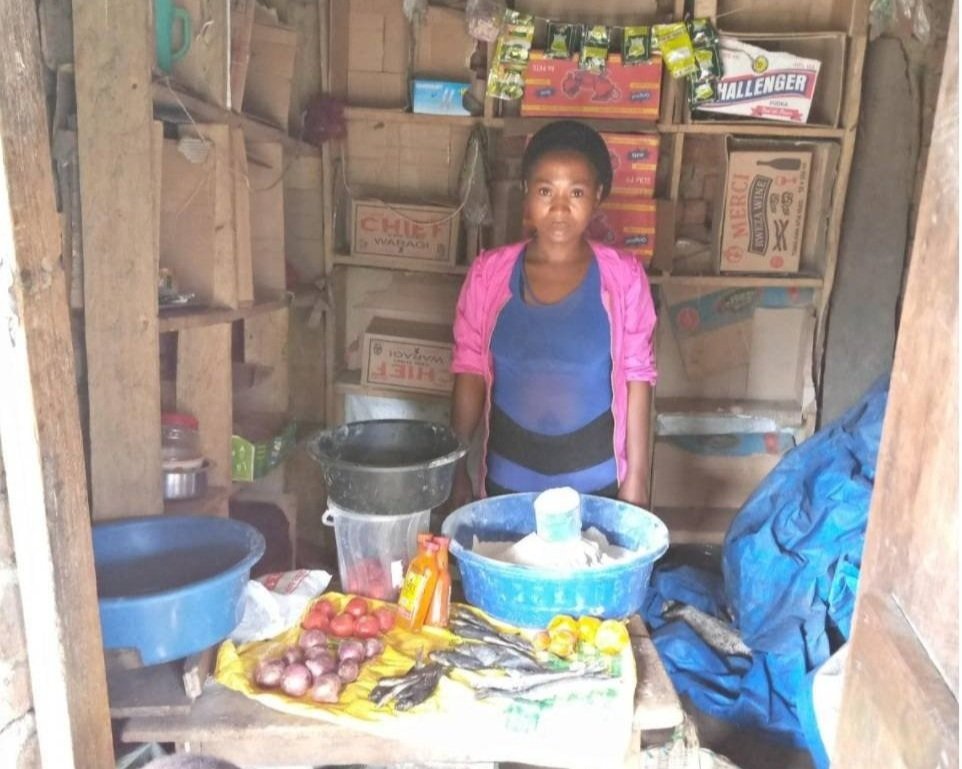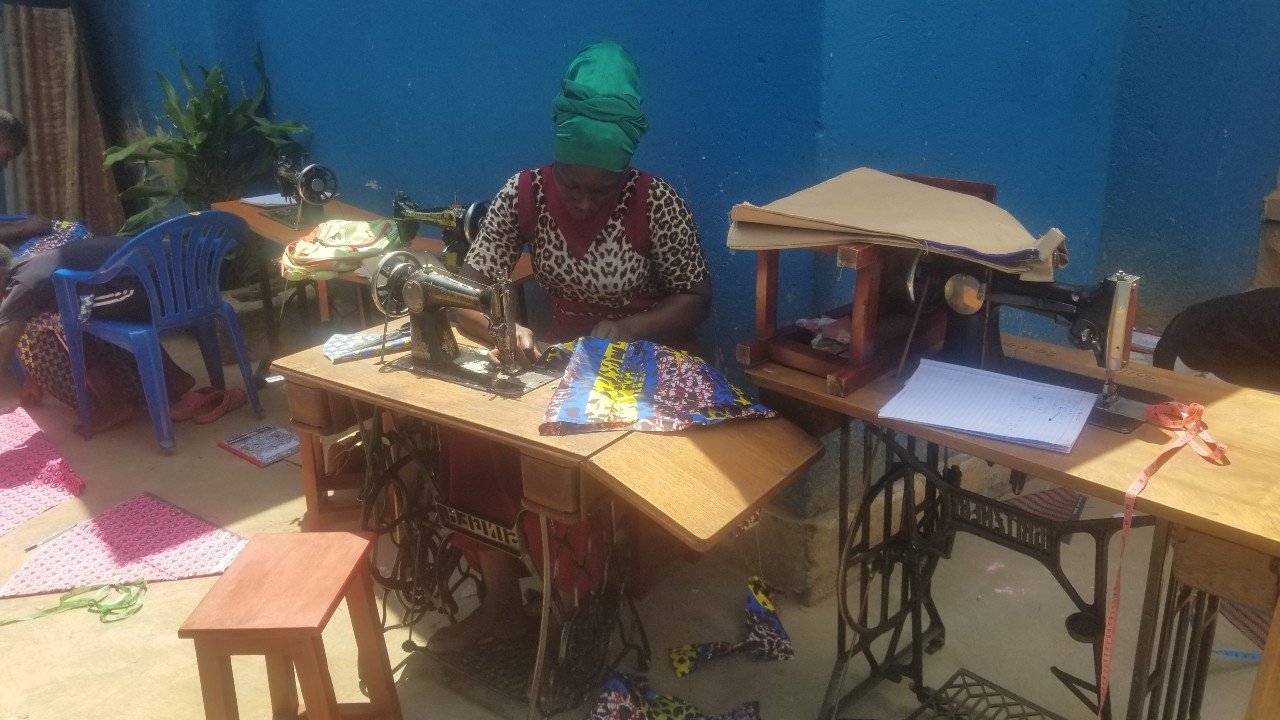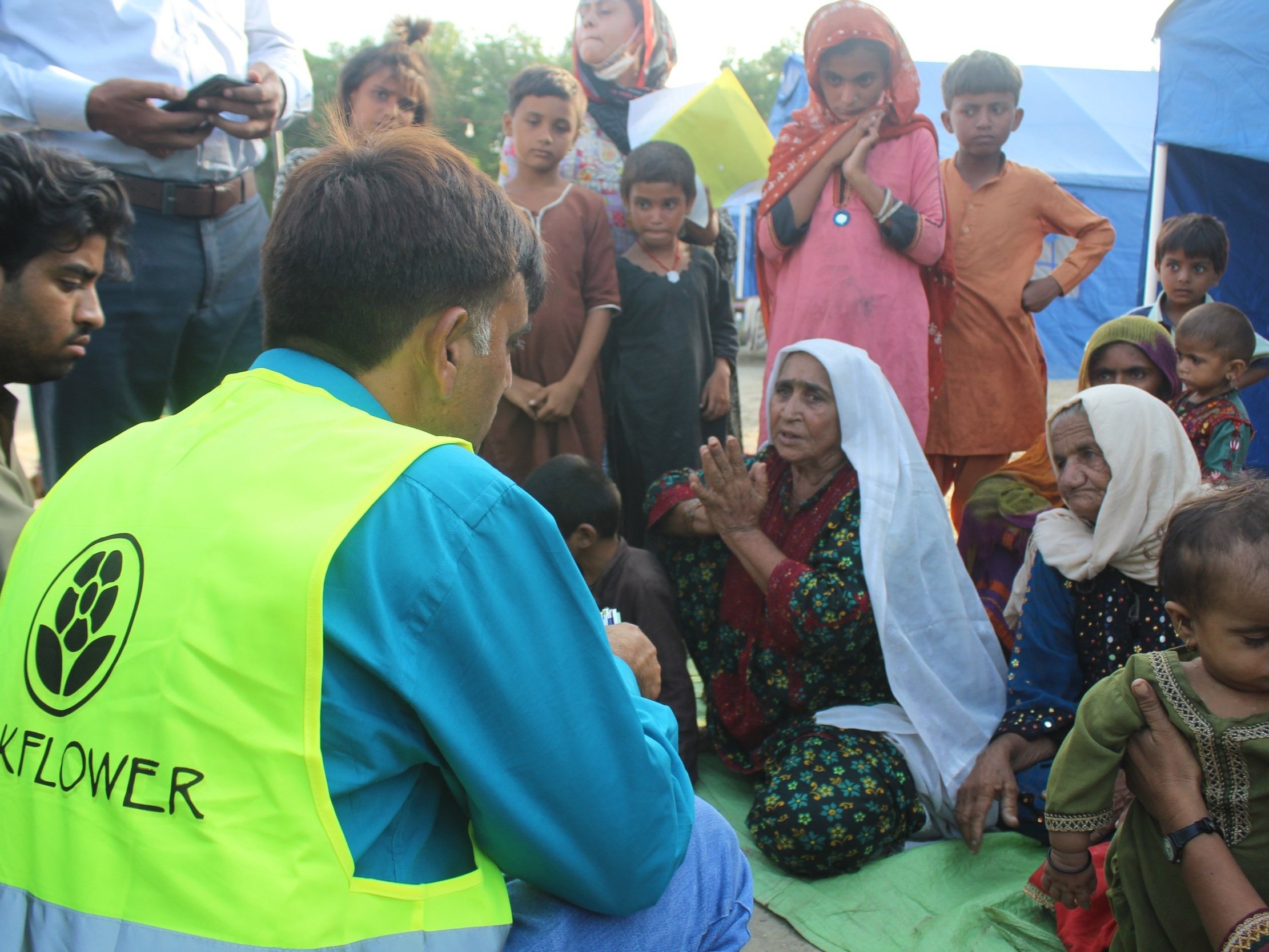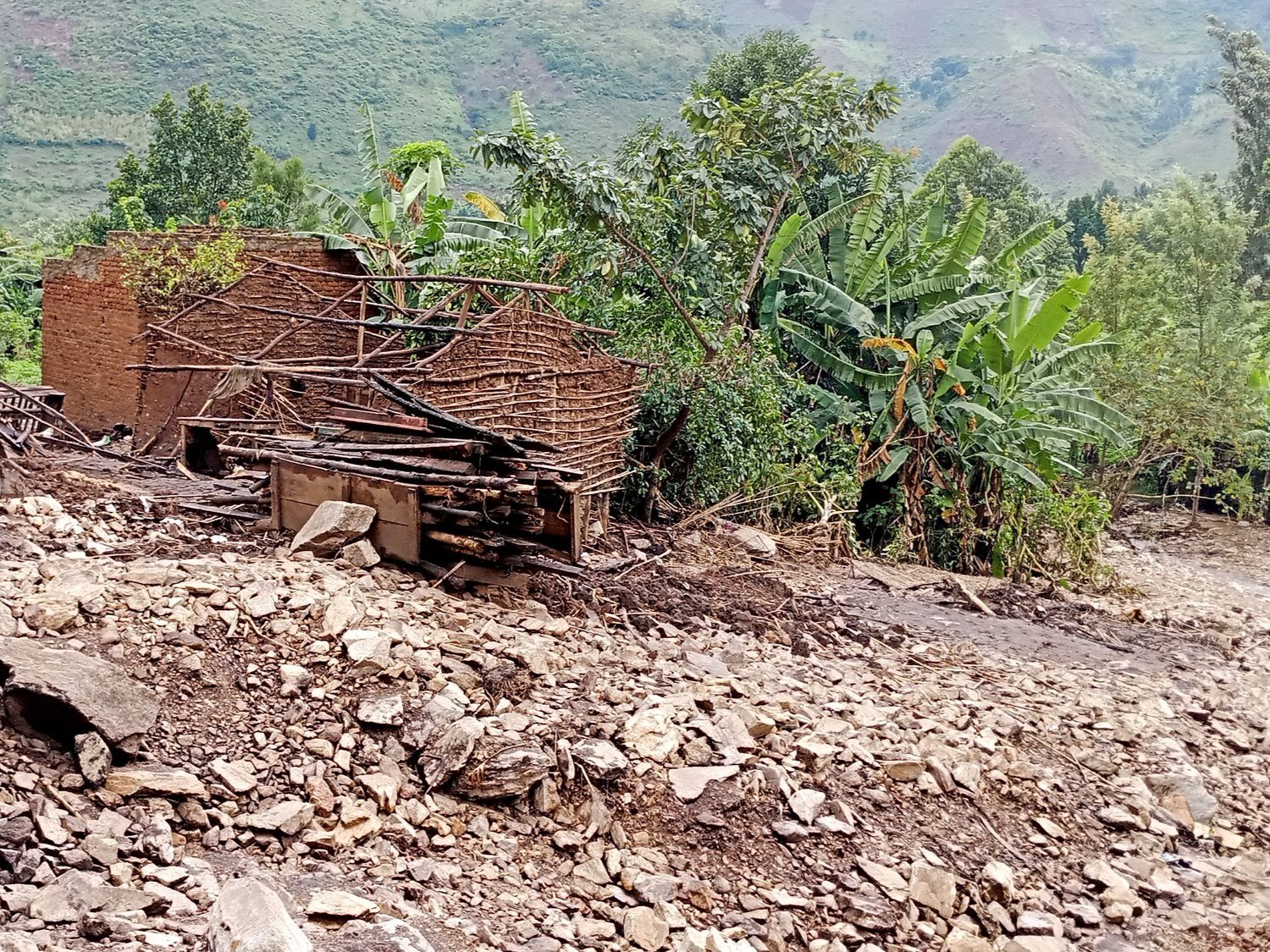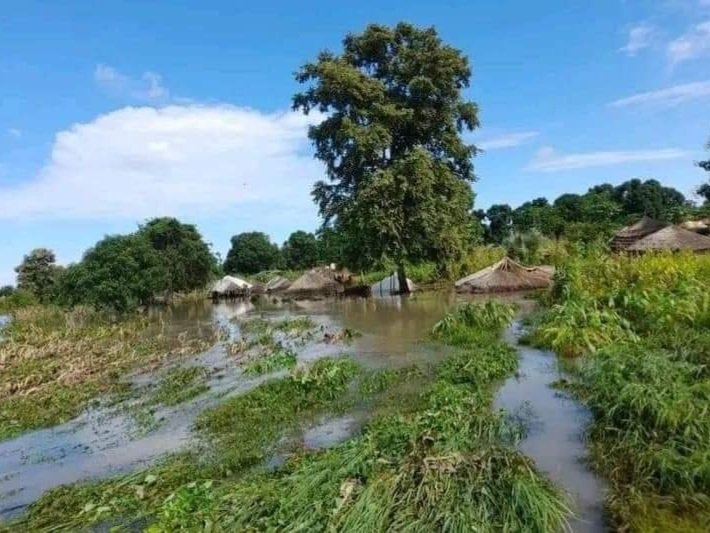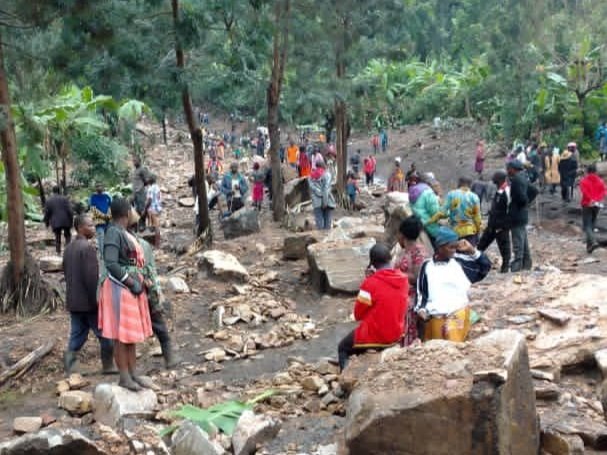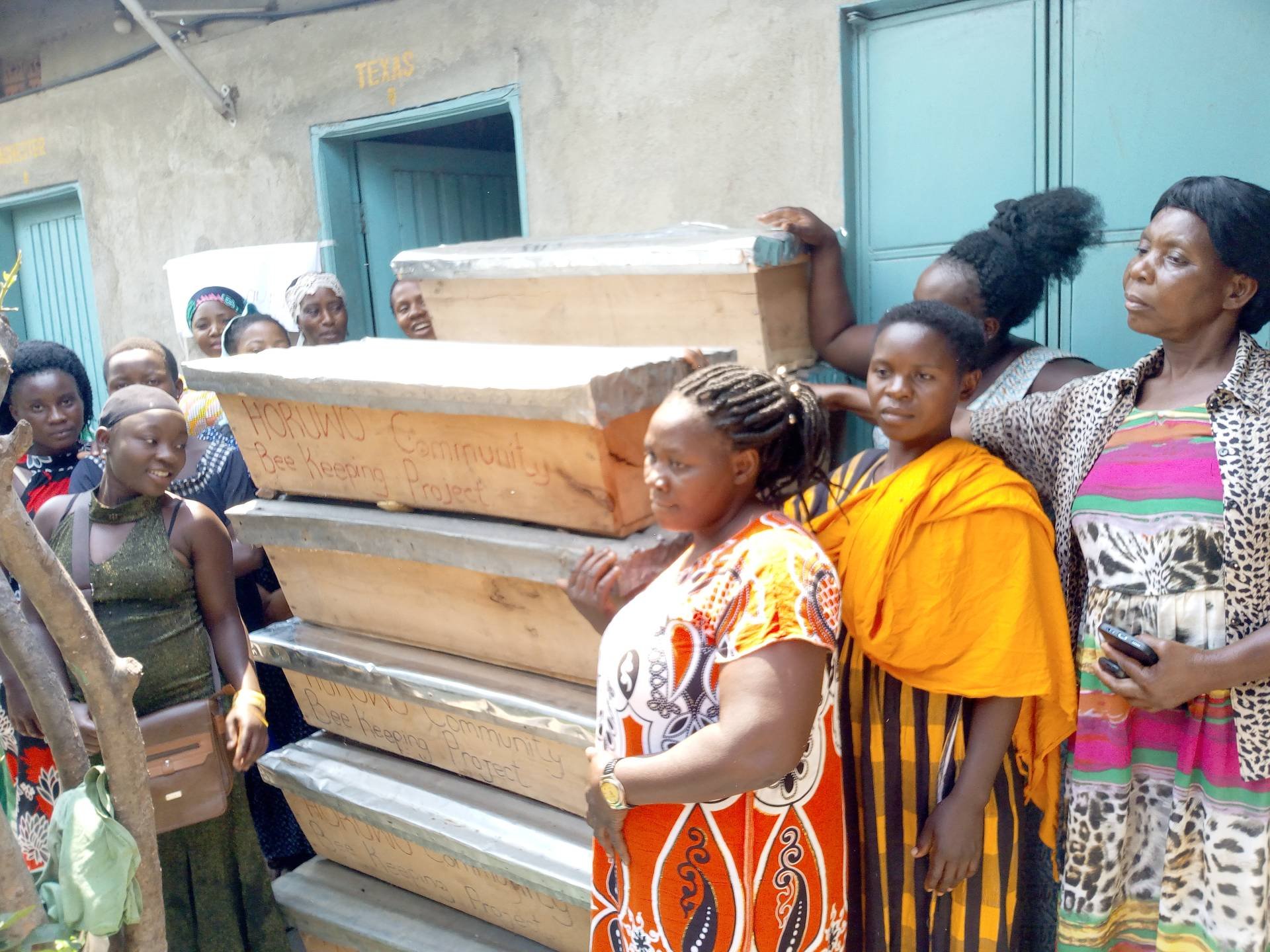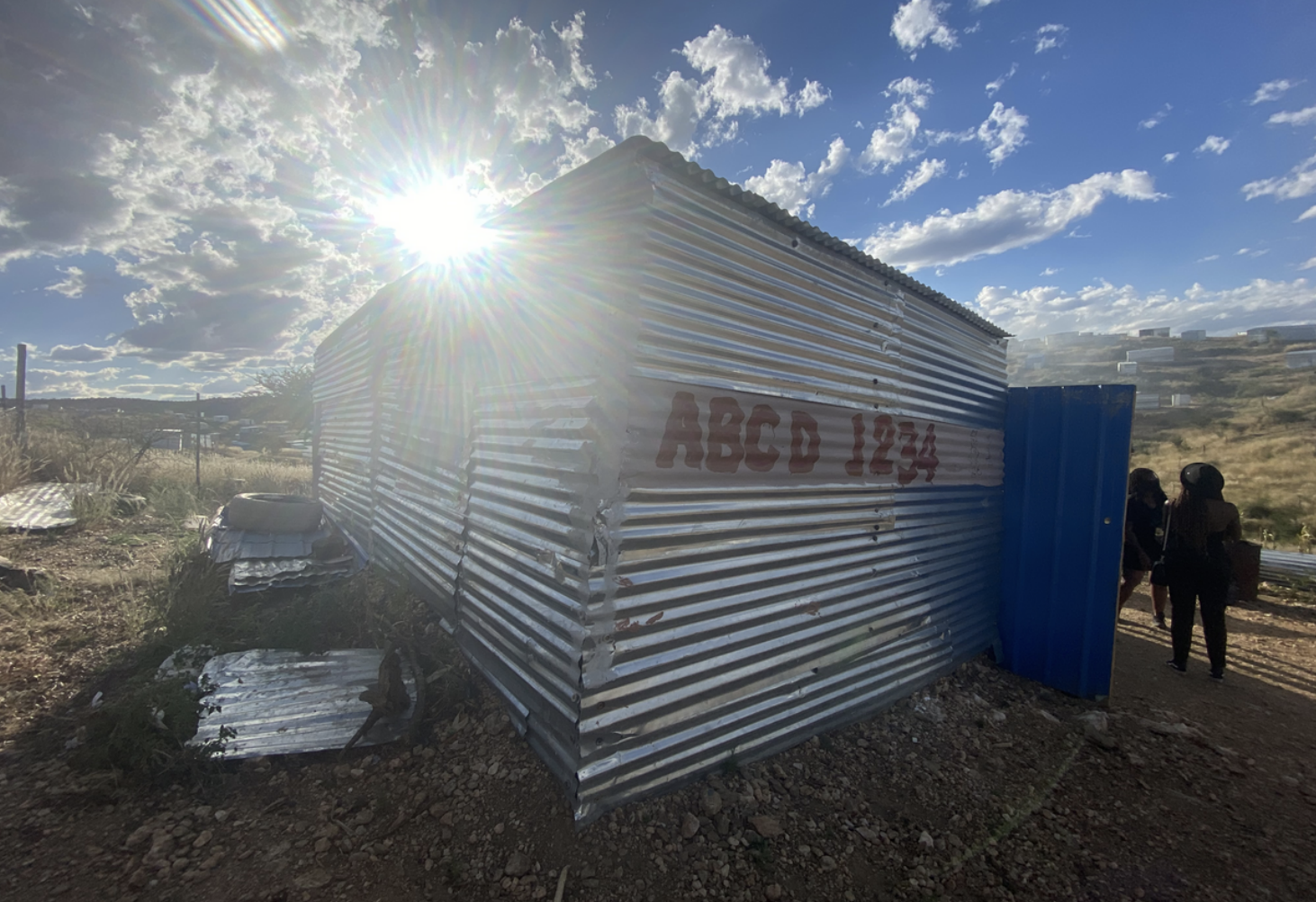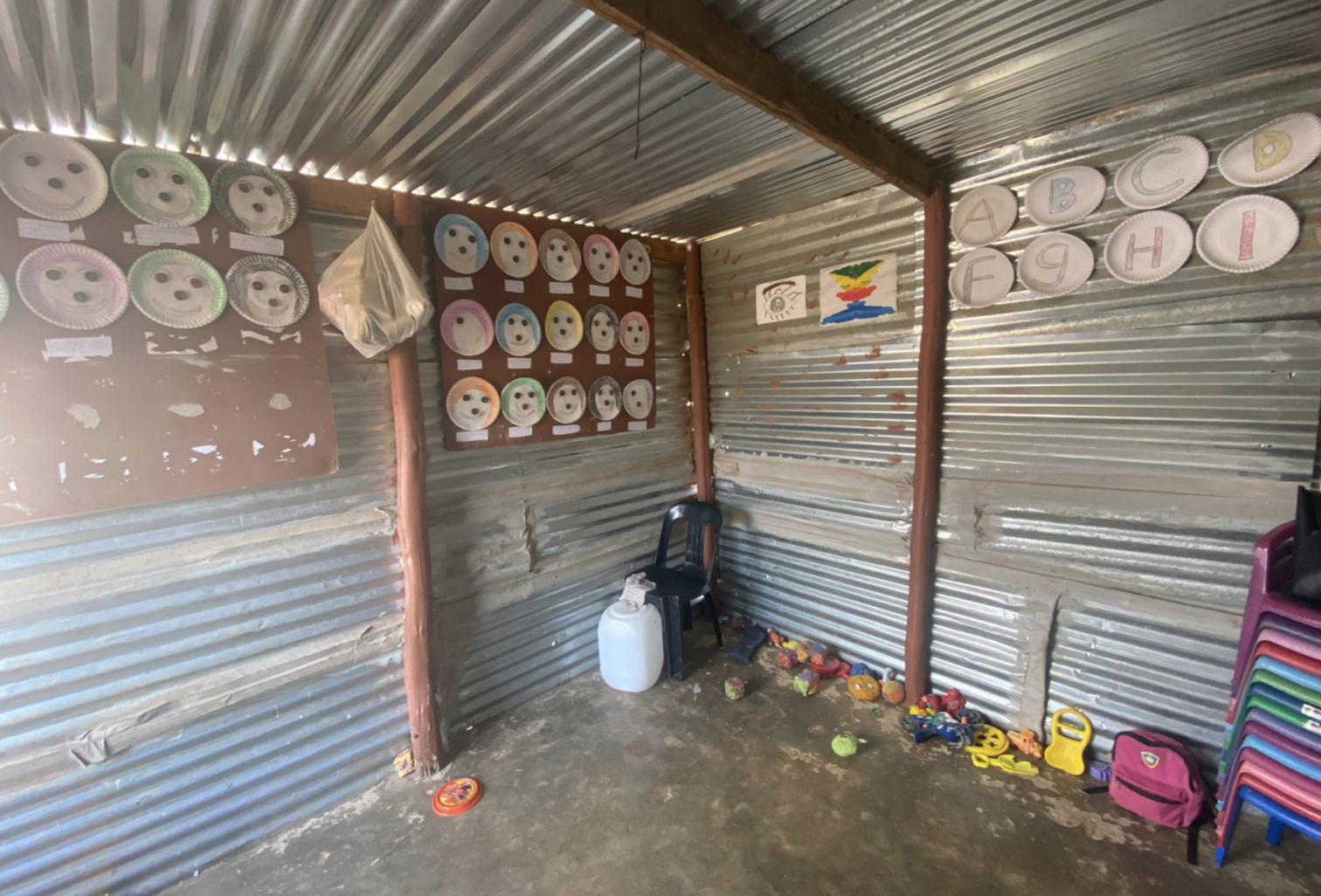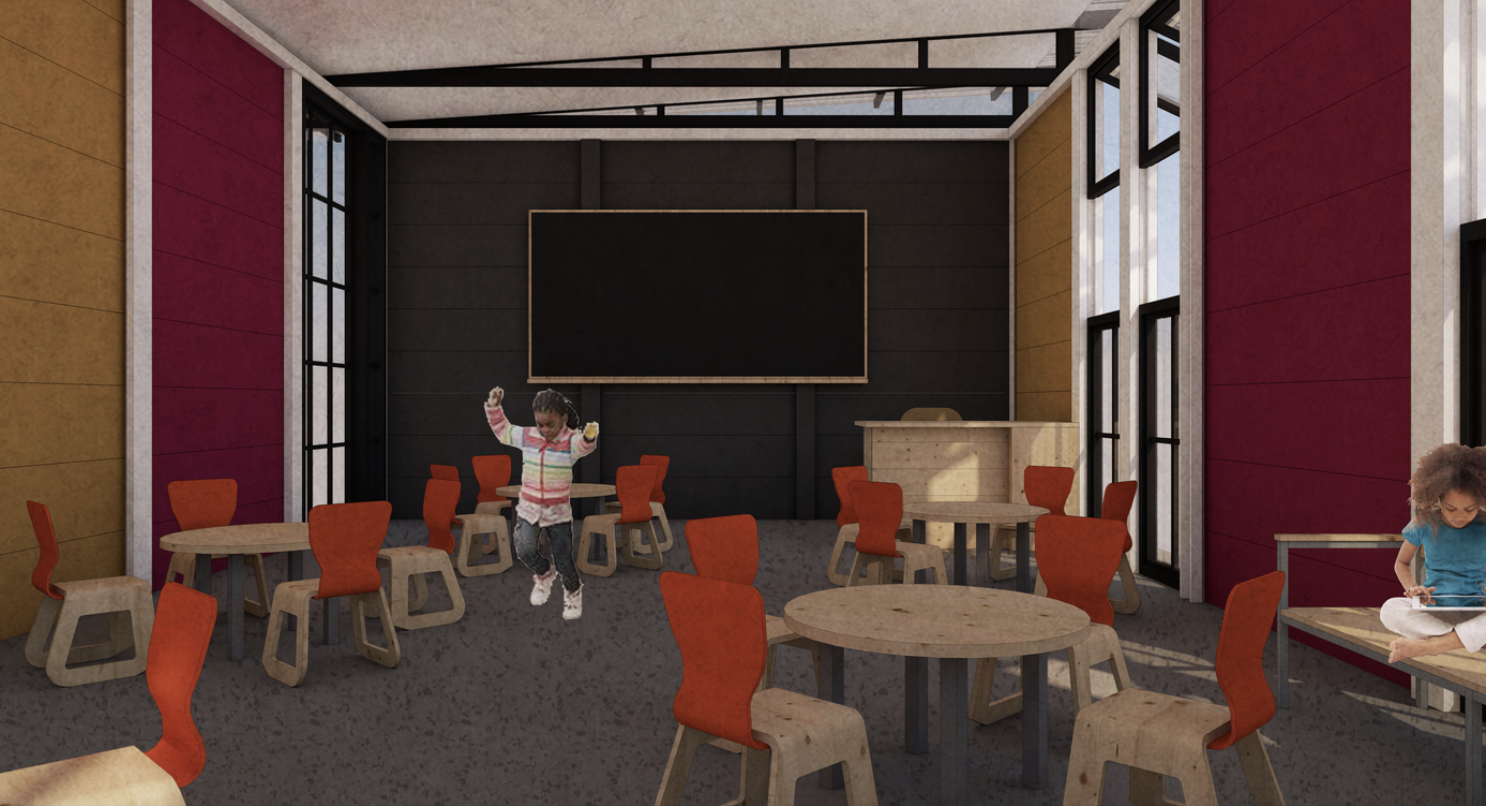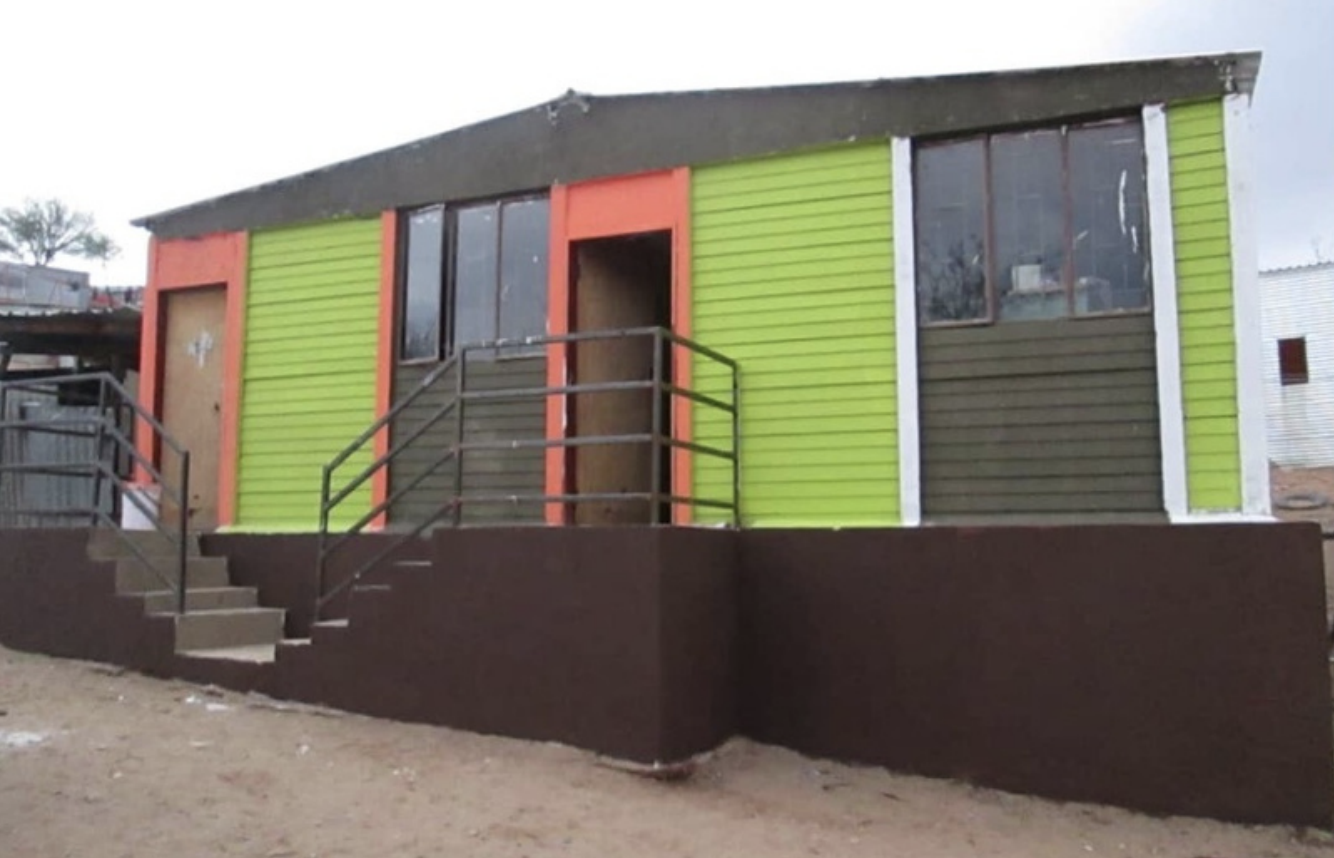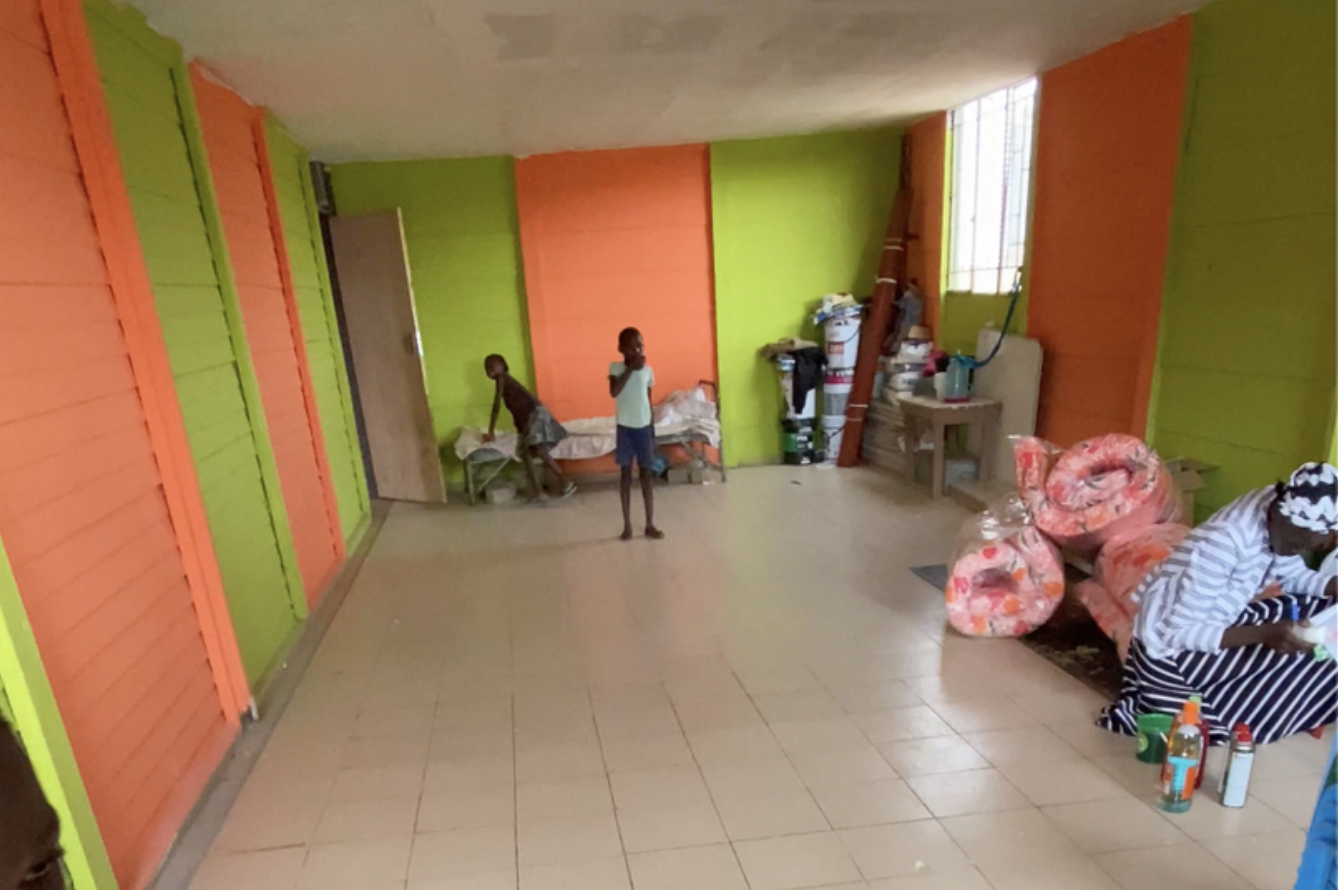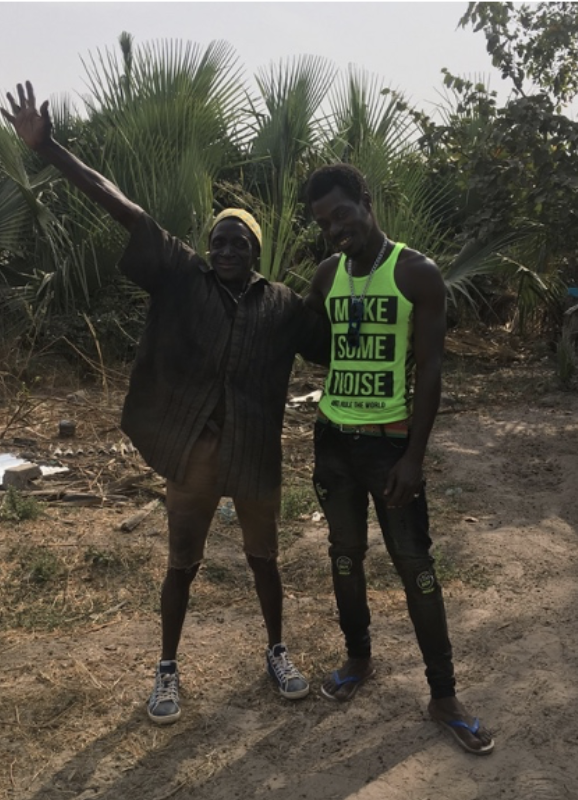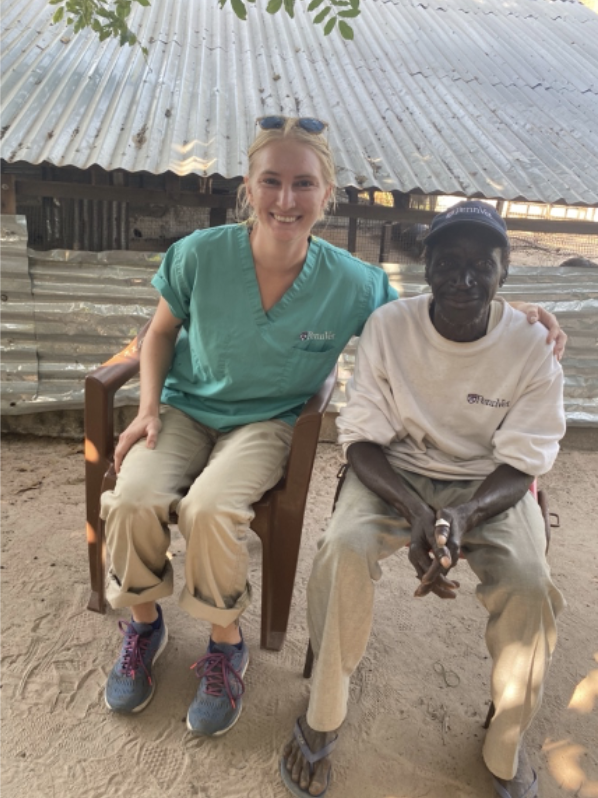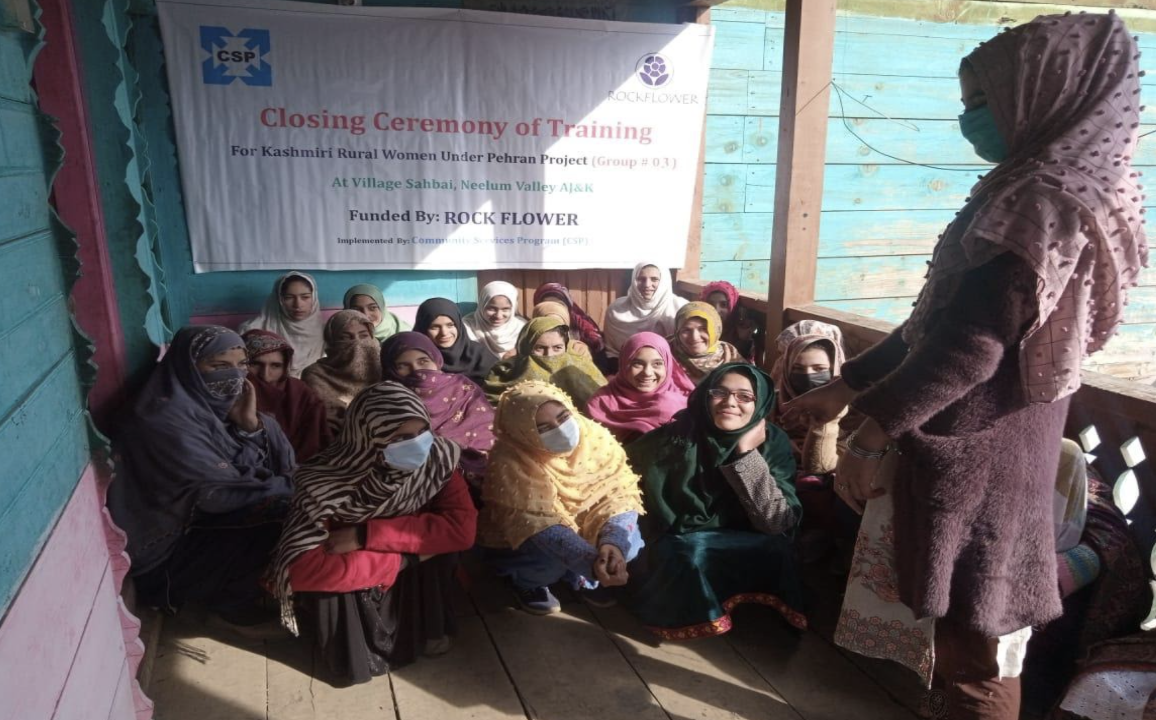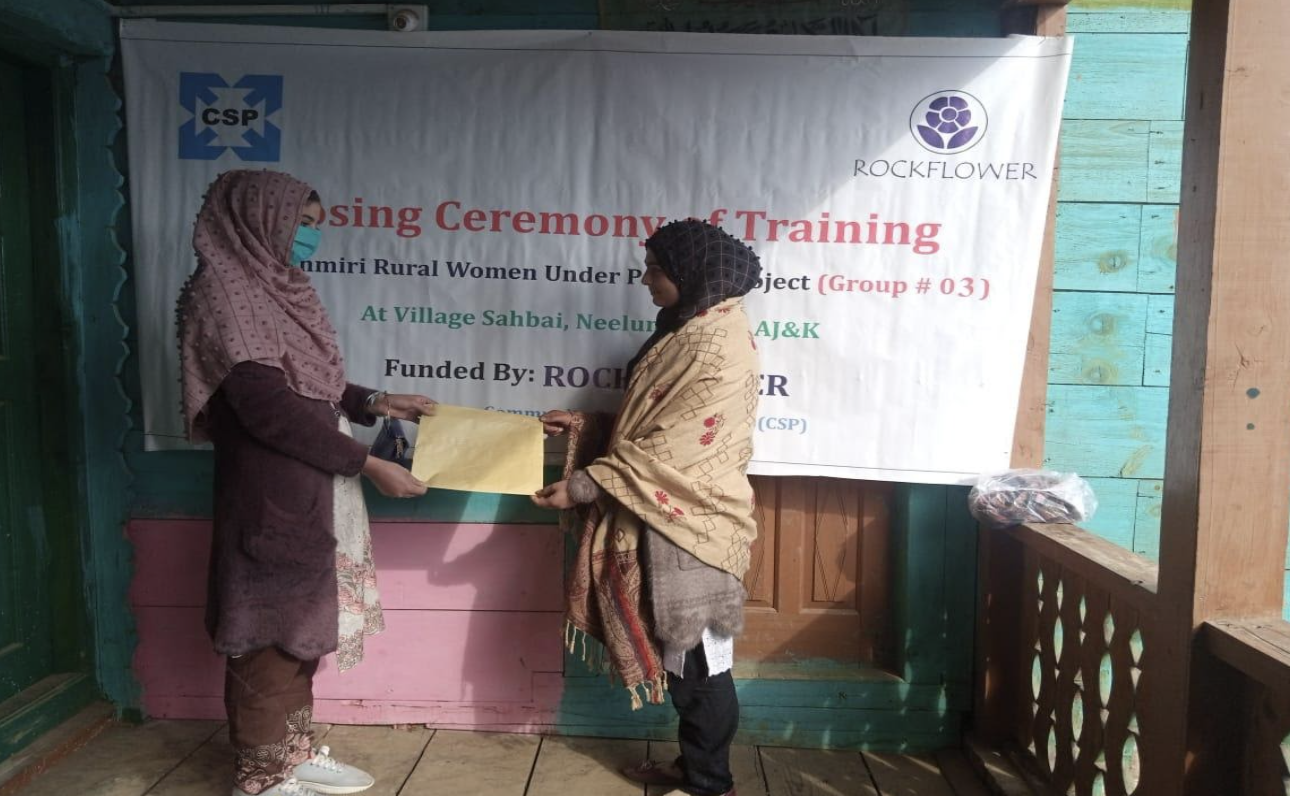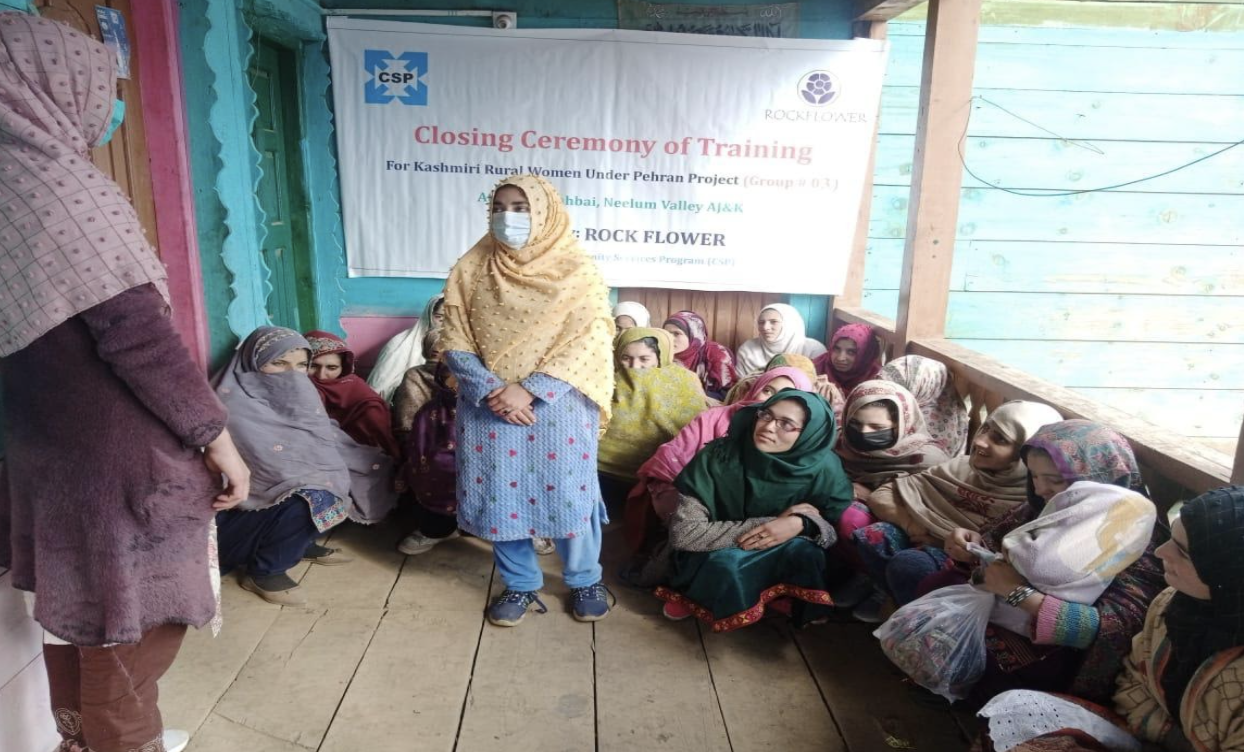The end of this week will bring us to the halfway point of our 100 Gardeners in a 100 days campaign. Since the start of the campaign on October 1st, we have signed up 23 new gardeners. A huge thanks to all of you who made that decision. But clearly we have work to do to reach our target of 100 new gardeners by January 7th. So let me share with you some exciting recent developments that might nudge you into becoming a monthly gardener.
Last week we received the incredible news of the official announcement that Charlot Magayi and Mukuru Clean Stoves have been nominated as a finalist for the 2022 Earthshot Prize in the "Clean Our Air" category. The winners will be announced at a live event in Boston on December 2nd.
Charlot and Mukuru have been an integral part of Rockflower since 2017 when we were able to provide support for her vision in the very early stages. She has since gone on to receive many awards and recognitions, including being named as Forbes Africa 30 under 30 this past June. In February 2021 Charlot joined the Rockflower Board of Directors, bringing her light, wisdom and lived experience to our work.
Rockflower is powered by individual donations both large and small, not from foundations or corporations. The funds that we were able to send to Charlot back in 2017 came from many small individual donations. Those who share their resources with Rockflower do so in the knowledge that none of us make it alone. Never is that more evident than when one of our partners makes their own financial contribution to Rockflower. Indeed one of the most severely backwards narrative is this idea that philanthropy comes from wealthy people who benevolently bestow their charity upon those less fortunate. In fact, quite the reverse is true, by being given an opportunity to share their wealth, they are the ones being blessed. Some of the most generous people I know are the ones who on the face of it have the least to share. To share whatever you have is one way to ensure both individual and collective freedom. Or in Charlot's wise words:
"When you provide support, no one ever really feels it’s enough and often you might be discouraged to give when these feelings creep up on you. But ... $10 is worth one life saving stove, and to another, a year’s worth of reusable sanitary towels, $10 is many things to many people. It's important to not wait until you have $10,000 to change the world when $10 could be impacting 5 lives today.” Charlot Magayi, Founder and CEO, Mukuru Clean Stoves
The second piece of incredible news last week was that Nora Spencer, Founder and CEO of Hope Renovations was named as one of the top ten CNN Heroes. Nora first contacted us back in 2018 through a partner application on the Rockflower website. She was in the early stages of building support for her vision for Hope Renovations. I wrote back to explain that Rockflower did not work in the United States but I was very inspired by her vision to engage women in the construction industry and by doing so ensuring that seniors would be able to age in place by having their homes renovated by her team of female builders. I continued to keep in touch with Nora and contributed personally whenever I could. Over the years we have struck up a good friendship and in 2020 Nora became a Rockflower gardener, firmly believing in the Currency of Mind and the abundance mindset. If you feel inspired by Nora, please vote for her to become the CNN Hero of 2022 on December 11th.
“As someone who runs a small nonprofit trying to solve big problems, I know the importance of being supported by strong partners who believe in the power of what could be. That’s why I am so proud to be a Gardener! It’s deeply rewarding to know that while I’m working to empower women here in the US, my monthly support is helping Rockflower empower women around the world.” Nora Spencer, Founder and CEO, Hope Renovations
I am hoping that as you read this and see the incredible achievements of both Charlot and Nora, that you will feel inspired to become a Rockflower monthly gardener. Whether you are a packet of seeds, a watering can or a wheelbarrow, all are welcome and all are needed to make our garden grow - no amount is too small and we are so grateful for your support.
- Tine Ward, Founder and CEO, Rockflower Partners Inc.





